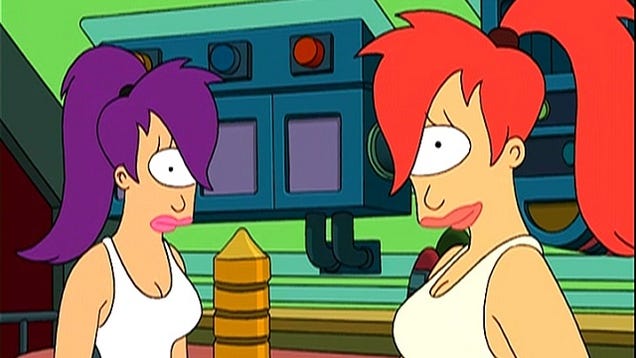Fredkin's Paradox Explains Why You Waste Time On Meaningless Decisions
Ever notice that you spend a full 15 minutes agonizing about whether to have apple-cinnamon pancakes or banana-walnut pancakes in the morning? Ever had that decision affect your day in any way? Fredkin's Paradox explains why you agonize anyway.
Edward Fredkin is a professor of digital physics, which means that he has made great contributions to the computer age. In his spare time he came up with what can only be described as a psychological paradox, because it's unavoidable. When you have to make a choice, you spend some time weighing the options. (For simplicity's sake, we'll say there are only two options to be weighed.) If, of the two options, one is obviously better, the time you spend pondering will be minimal. As the two options get closer and closer to each other in quality, the time you spend considering them will increase.
Here's the paradox. As the options get closer to each other in quality, the difference in the effect they have on your life necessarily shrinks. This is true for big decisions as well as little ones. Sure, buying a car means making a large investment, but there's only so much one mid-sized practical car can do for you that another mid-sized practical car can't. If you try to distinguish between them by cup-holder size, you'll spend a long time thinking about something that you know is just going to hold one half-full bottle of water and two paper napkins until you set the whole car on fire and roll it into ditch. That's Fredkin's Paradox — the natural consequence of two options being pretty much the same means that we will spend longer and longer periods of time carefully considering the choices that will make less and less difference in our lives.
[Via Expert Thinking]




No comments:
Post a Comment